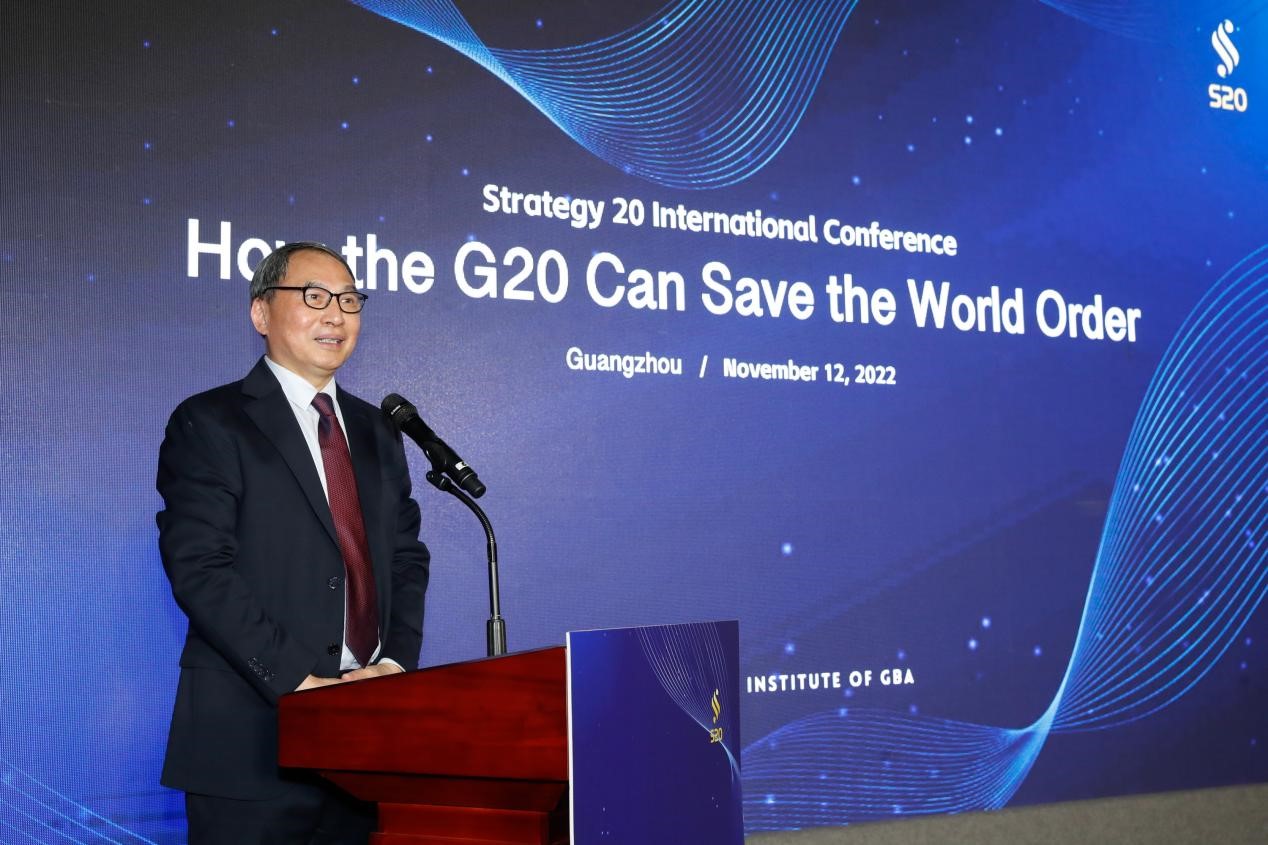
Abstract
At present, the international political and economic landscape is undergoing profound changes. Going through a new period of constant turmoil, the global governance system is at a historical turning point. The exchange of international ideas is unprecedented, but signs of global instability proliferate—rising de-globalization and trade protectionism, sabotage of global industrial supply chains, global inflation risk caused by interest rate hikes in developed countries, the rise of extremist ideologies, domestic employment instability, and the lackluster recovery of the world economy are all prominent features of the current international environment. A multipolar world has given rise to geopolitical differences and confrontations, with fierce competition between China and the United States, conflicts between Russia and the West, and rising nationalism and populist movements around the world. A new round of technological revolution has renewed global competition and the international division of labor. The division between rich and poor within and among countries has intensified. Traditional crises such as the frequent occurrence of extreme weather, nuclear war threats, and military conflicts have not been eliminated, while at the same time, "black swan" and "gray rhinoceros" events such as the COVID-19 pandemic and the Russia-Ukraine conflict occur frequently. These cases have worsened energy and food crises and resulted in widespread insecurity and discontent. World peace and prosperity are under multiple shocks.
The international community urgently needs to create a new type of cooperation mechanism to build consensus and promote international cooperation. As the world's second-largest economy and a responsible power that firmly upholds multilateralism, China has the responsibility to work with other G20 members to promote and cooperate in leading the reconstruction of the international order. Therefore "Chinese solutions" should be provided for the reform of the international governance system and the reconstruction of the international order.
On November 12, 2022, the Institute of International Affairs Qianhai of the Chinese University of Hong, Kong, Shenzhen, in collaboration with the Guangdong-Hong Kong-Macao Greater Bay Area Research Institute in Guangzhou and the Institute of Public Policy of the South China University of Technology, successfully hosted the first “G20 Strategic Thinkers” (S20) dialogue session. The conference invited: Marcio Pochmann, Special Advisor to President Lula of Brazil; Ali Rashid Al Nuaimi, Chairman of the Committee on Foreign, Interior and Defense Affairs of the Federal National Council of the UAE; Burhanettin Duran, Member of the Security and Foreign Policy Committee of the Turkish Presidency Duran, member of the Security and Foreign Policy Council of the Turkish Presidency; Jim O'Neill, member of the British House of Lords; Moon Chung-in, Special Assistant to former South Korean President Moon Jae-in for Foreign Security Affairs, and 17 other influential figures attended the event. Many views in this report are from the dialogue sessions. We believe that China's new private think tanks can assist officials in playing a more active role through a second-track diplomatic approach. China should support in the construction of more international dialogue and private exchange platforms to better spread China's voice, present a credible image of China, and prompt the world to better understand China, its people, and the party.
Research Questions
-
What are the multiple crises that hinder global peace and development amid the changes unseen in a century?
-
How can multilateralism play a more active role in global issues?
-
How should China take the G20 as an important platform to promote the development of inclusive, pluralistic and cooperative multilateralism?